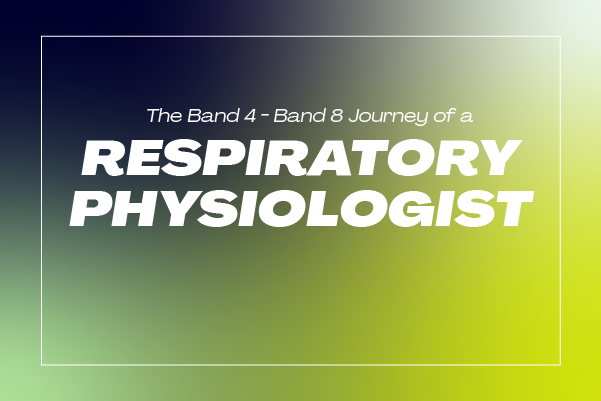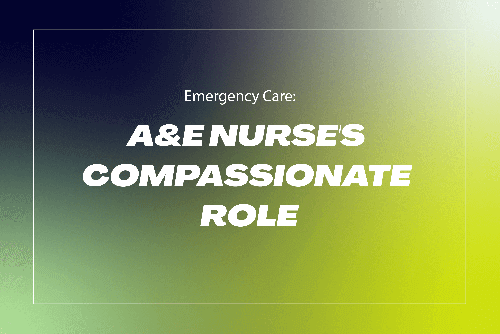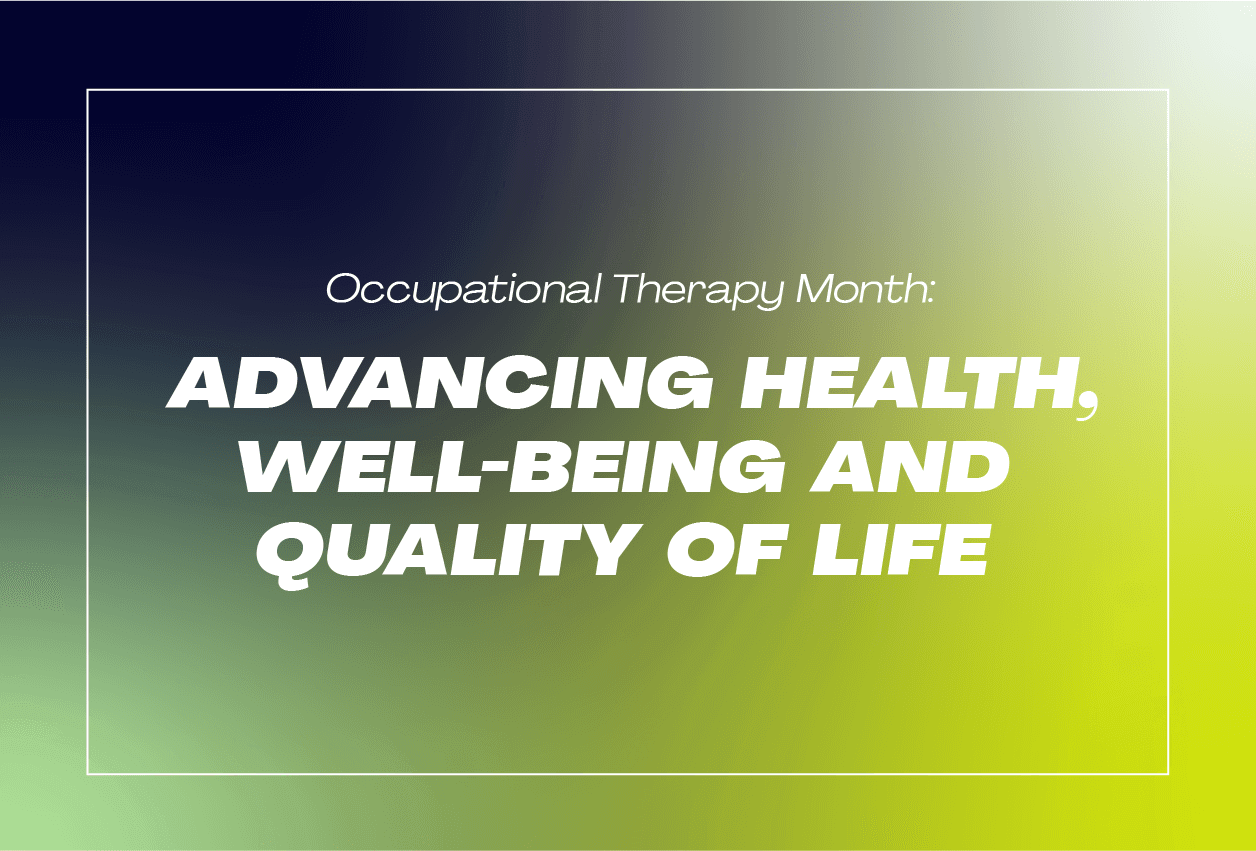By Rachel Lamb . 04/03/2021 · 6 Minute read
Biomedical Scientists play a significant role in so many different aspects of healthcare: from A&E and operating departments; to research and Infection Control; and the diagnosis, treatment, and monitoring of a wide variety of diseases. They are the heroes behind the scenes, but the vast contributions that Biomedical Scientists make to healthcare and medical advancement don’t always receive the attention or praise they deserve.
In this article, we’re highlighting just some of the many ways that a job in Biomedical Science can influence and advance our healthcare!
At the Forefront of Medical Innovation:
Biomedical Scientists have made some of the most important and impactful medical discoveries and inventions throughout history – and they show no signs of stopping now!
There are vast numbers of teams researching and developing new methods or technologies to improve treatments for a whole host of illnesses and disease; we’ve looked at two great examples of biomedical science innovation in action!
A Hand-Held Device to Detect Cancer: Biomedical Scientists and Engineers in Canada have been developing technology that will allow patients to test their blood for the presence of cancer. This hand-held device will look for biomarkers in the blood, which indicate whether a cancer is present. The device needs further testing but could signal a future where patients can test for cancer at home; this could mean that more people check in on their health more regularly, allowing cancers to be detected at an earlier stage, with better outcomes. It could also enable patients to monitor the progress of their treatment.
Genome Editing to Improve Cancer Therapy: Currently, the standard cancer therapies are Chemotherapy and Radiotherapy, which damage the DNA of cancerous cells. However, these therapies also damage normal cells, which is why patients undergoing these treatments often feel very unwell and experience unpleasant side effects. Biomedical Science researchers at Brunel University in London are exploring ways in which cancerous cells can be damaged whilst leaving normal cells as they are, using CRISPR-Cas9 genome editing technology. They compare survival rates of cancerous cells (specifically colorectal cancer cells) with those of normal cells when using CRISPR-Cas9 alone and in combination with chemotherapy drugs and radiation treatment. Their findings could completely change the way that patients with cancer experience treatment.
Genome editing is a relatively new and exciting technology, but there is a variety of ways that Biomedical Scientists work with our cells to better understand, diagnose, and treat many diseases such as cancer. Biomedical Scientists do this every day through their histology and cytology roles in hospitals and within community care.
Keeping the Public Safe:
Without Biomedical Science, we wouldn’t have the vaccines or antibiotics crucial in reducing the spread and progression of many infectious diseases. Infection Science has currently been thrust into the limelight with the Covid-19 pandemic, but it has always been vital to keeping the public safe. Nonetheless, the development of Covid-19 vaccinations is a brilliant example of what Biomedical Science can do!
Record-Breaking Vaccine Development: Across the globe, Biomedical Scientists in virology have spent the last year researching, testing, and developing vaccines to help immunise the general public against Covid-19. With less than 12 months between the initial outbreak, the identification of the new pathogen, and the approval of the first vaccines, this was the fastest vaccine to be created in history by a long way! The previous fastest vaccine to be developed was the vaccine for Mumps, which took roughly four years!
There are many different ways that Biomedical Scientists contribute to our understanding, diagnosis, and treatment of infectious diseases, through their work in virology and microbiology in hospital and research settings. They also play another fundamental role in the fight against Covid-19 by undertaking Covid-19-tests and administering vaccines to the public.
Developing New Processes for Better Outcomes:
Biomedical Scientists are constantly on the lookout for ways to improve the care and treatment we can provide to patients. An excellent example of this is the international development of a system to further reduce risk in blood transfusions:
Full Blood Cell Genotyping for Better Blood Transfusion: Blood transfusion has always been a procedure that is associated with risk. But the work that Biomedical Scientists in Haematology and Transfusion do every day means that blood transfusions can save millions of lives each year by testing the blood to make sure it’s safe and matching the donated blood to patients in urgent need. Now, researchers at the Blood Transfusion Genomics Consortium are developing a universal DNA-based test to allow more accurate full blood cell genotyping data to reduce sensitisation.
Sensitisation to Human Leukocyte Antigen can cause serious problems for patients receiving blood. In some cases, it can mean that patients who are dependent on blood transfusions are no longer able to receive them. Reducing the risk of sensitisation could dramatically improve outcomes for transfusion recipients.
In the NHS Blood and Transplant report ‘Transfusion 2024’, a key priority is research into donor and patient genotyping to help better meet the needs of patients.
Biomedical scientists save lives every day through their roles in Haematology and Blood Transfusion within our hospitals and research into blood disorders.
Without Biomedical Science, the diagnosis and treatment of numerous illnesses and diseases would be decidedly more difficult. Your World are incredibly grateful and proud of all our Biomedical Scientists who work behind the scenes in hospitals throughout the UK. We know that not all heroes wear capes – but some of them do wear lab coats!
If you are an HCPC-Registered Biomedical Scientist and are looking for new and exciting roles in clinical settings, Your World has various jobs across Bands 5-7 throughout the UK. Search for your perfect role here, or contact [email protected] or 0207 220 0824






.jpg)




